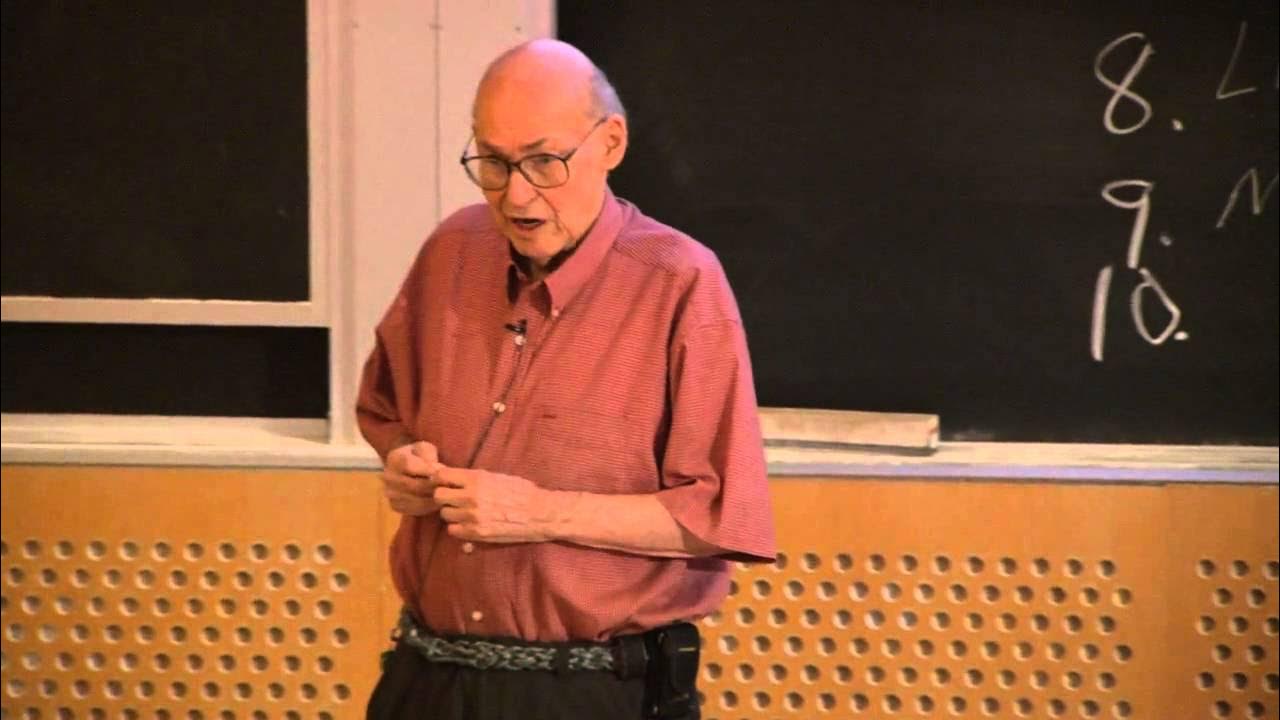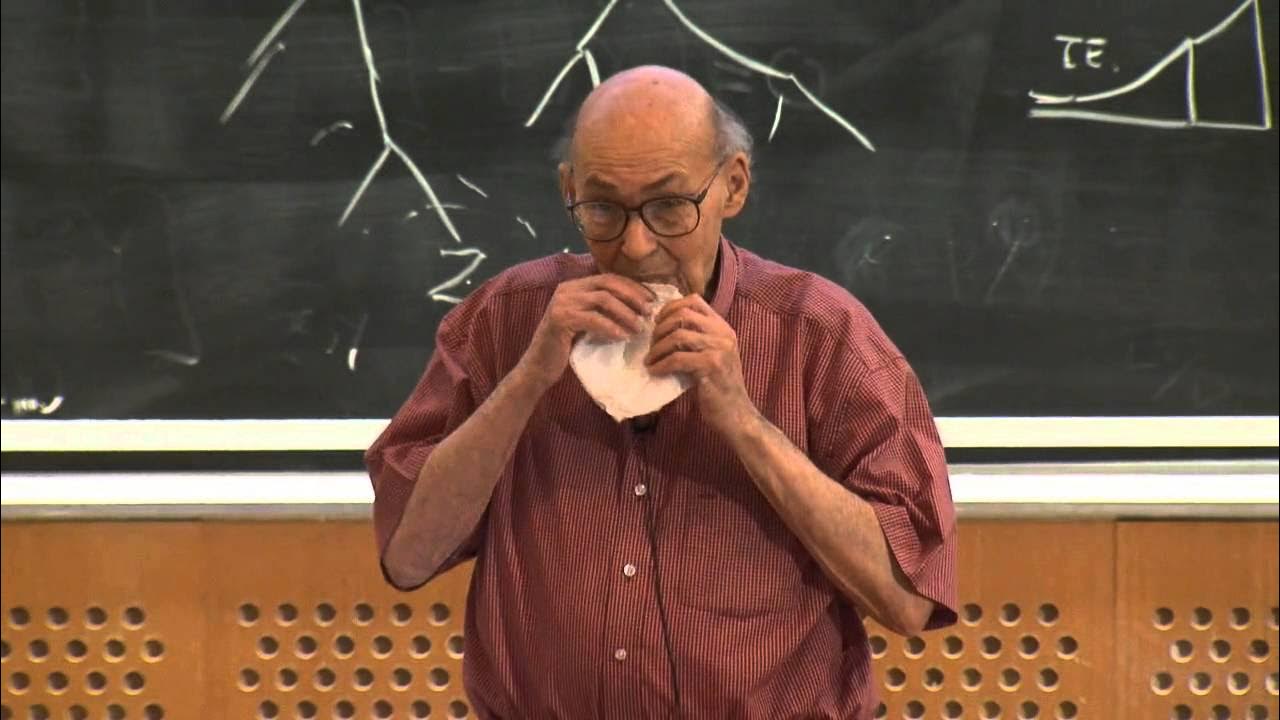Intro to Psychology: Crash Course Psychology #1
Summary
TLDR这段视频深入探讨了心理学的起源和发展,从古代对人类意识的探索到现代心理学的多样化学派。它介绍了心理学的基础定义,特别是行为与心理过程的研究,并重点讲解了弗洛伊德、行为主义及其他心理学流派的影响。视频还提到了心理学在临床治疗中的应用,强调了心理学如何通过多种方法揭示人类行为背后的复杂机制。通过丰富的历史背景与理论阐述,展现了心理学对理解我们思想、情感和行为的独特贡献。
Takeaways
- 😀 大脑是目前人类已知的最复杂的物体,心理学是探索这一复杂性的科学。
- 😀 心理学的定义来源于拉丁语,意指“灵魂的研究”,但如今它被定义为行为与心理过程的科学。
- 😀 心理学的正式成立时间可以追溯到1879年,德国的威廉·冯特建立了第一个心理学实验室。
- 😀 在19世纪末,威廉·詹姆斯提出了功能主义,关注行为背后的功能和目的,强调适应性行为的演化过程。
- 😀 西格蒙德·弗洛伊德是心理学史上最具争议且影响深远的人物之一,他提出了心理分析理论,强调无意识对个体行为的影响。
- 😀 弗洛伊德的无意识理论强调,许多心理问题源于我们意识不到的内在动机,且可以通过谈话疗法来治疗。
- 😀 19世纪末,弗洛伊德的‘自由联想’技术帮助患者通过自由谈话解决心理困扰,是心理治疗的重大突破。
- 😀 20世纪初,行为主义崛起,著名心理学家如伊凡·巴甫洛夫、约翰·沃森和B·F·斯金纳研究外部可观察行为,推动了心理学的另一种发展方向。
- 😀 心理学的学科内容非常多样,包括结构主义、功能主义、行为主义、心理分析等不同理论和研究方法。
- 😀 当代心理学是一个融合多种理论的综合性学科,涵盖了行为、心理过程、认知科学、神经科学等各方面的研究。
- 😀 现代心理学不仅关注外部行为,还强调内部心理过程,比如情感、思维和信念,帮助我们更深入地理解人类的思想和感受。
Q & A
‘心理学’这个词的来源是什么?
-‘心理学’一词来源于拉丁语,原意为‘灵魂的研究’,尽管它的正式定义随着时间的推移有所变化,但今天我们可以把它称为‘行为与心理过程的科学’。
心理学在何时开始作为一门科学被认可?
-心理学作为一门科学正式确立是在19世纪中期,尤其是1879年,德国的威廉·冯特在莱比锡大学建立了第一个心理学实验室,标志着科学心理学的开始。
弗洛伊德的心理分析理论最核心的观点是什么?
-弗洛伊德的心理分析理论核心观点是,我们的个性受到无意识动机的深刻影响。弗洛伊德认为,很多我们自己都无法意识到的心理过程,实际上在塑造我们的行为和思想。
弗洛伊德提出的‘自由联想’技术是什么?
-‘自由联想’是弗洛伊德提出的一种治疗方法,病人在治疗过程中自由地谈论自己的任何想法,弗洛伊德认为这样可以帮助揭示被压抑的情感,从而达成自我认知,治疗心理问题。
弗洛伊德在其生命的最后阶段遇到了哪些挑战?
-在弗洛伊德的生命晚期,他患上了严重的颚癌,并且经历了多次痛苦的手术。最终,他在1939年通过朋友的帮助,在极度的痛苦中选择了安乐死,享年83岁。
‘结构主义’和‘功能主义’的区别是什么?
-‘结构主义’侧重于分析意识的基本结构,采用内省法,通过让人们描述他们的感觉来探索心理现象的基本元素。而‘功能主义’则关注行为的功能,试图理解这些行为如何帮助人类适应环境,尤其是受达尔文进化论的影响。
心理学中的‘行为主义’理论有什么独特之处?
-‘行为主义’强调只研究可观察的行为,忽视内在心理过程。重要人物如巴甫洛夫、华生和斯金纳等,主要研究如何通过环境的刺激来改变行为,尤其是通过条件反射和强化来塑造个体行为。
‘心理学’如何定义?
-今天,心理学被定义为‘行为与心理过程的科学’,它不仅关注外在行为的观察,还重视思维、情感和信念等内在心理过程的研究。
心理学如何从多个角度探讨人类行为和心理?
-心理学是一个多元化的学科,包含了多个不同的理论和方法。通过结合结构主义、功能主义、行为主义、认知科学、神经科学等不同领域,心理学提供了多种探讨人类心理和行为的方式。
在19世纪末,哪些心理学学派对心理学的形成产生了影响?
-19世纪末,结构主义、功能主义和精神分析学派对心理学的形成产生了重大影响。结构主义试图拆解意识的基本元素,功能主义关注行为的适应性,而弗洛伊德的精神分析则提出无意识对个性的深刻影响。
Outlines

此内容仅限付费用户访问。 请升级后访问。
立即升级Mindmap

此内容仅限付费用户访问。 请升级后访问。
立即升级Keywords

此内容仅限付费用户访问。 请升级后访问。
立即升级Highlights

此内容仅限付费用户访问。 请升级后访问。
立即升级Transcripts

此内容仅限付费用户访问。 请升级后访问。
立即升级浏览更多相关视频

【サピエンス全史③】地球を制圧した人類は幸せなのか?そして人類の未来とは?

2. Falling In Love

Philippe Bobola - De la physique quantique à la spiritualité.

3. Cognitive Architectures

Is consciousness an illusion? 5 experts explain

台灣生育率全球倒數第一,年輕人為何不生?反出生哲學曾風行古希臘、古印度!?叔本華嚮往佛教,提倡人類絕育?尼采為何肯定出生?貝納塔的誕生傷害論! 書來面對EP47《不要出生,是不是比較好?》#反出生主義

Highlights of the Fireside Chat with Ilya Sutskever & Jensen Huang: AI Today & Vision of the Future
5.0 / 5 (0 votes)